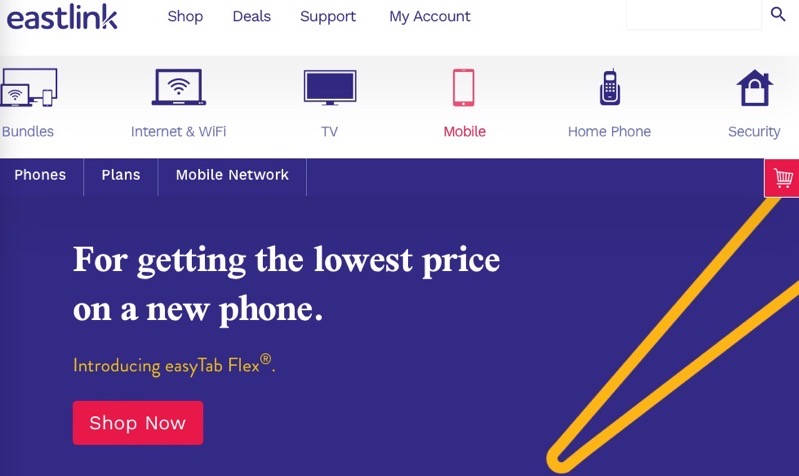
Rogers CEO: Cable Price Hikes “Not Substantial” But “Appropriate Level” [u]
By now, most Canadians are well aware wireless price hikes of at least $5 for new customers are coming from Rogers, TELUS and Bell, which incumbents are blaming on the falling Loonie.
Rogers reported their Q4 2015 earnings today, with $3.45 billion in revenue and net income of $331 million, led by a 4% growth in wireless with its 31,000 new postpaid subscribers.
Company CEO Guy Laurence took time on the company’s earnings call, to address upcoming cable price increases, reports Global News, calling amounts “not substantial” and “an appropriate level”:
“The price increase isn’t substantial. I would describe it as an appropriate level,” Guy Laurence, the CEO of Rogers said on a conference call Wednesday.
“I think it’s pretty clear across the industry that with rising costs, prices are going to go up,” Laurence said.
Update: According to The Canadian Press, Laurence said running a wireless network was a lot of work, more than it takes to make a cup of coffee:
“If you think about how much work it takes to build, run and upgrade a national mobile network, trust me it’s a lot more work than making a cup of coffee,”
However, not everyone agrees, such as Geoff White, counsel from consumer group Public Interest Advocacy Centre. White suggests the price increases were motivated as a move to increase profit margins, rather than recover costs, adding each company deploys hedging strategies to prevent impact from foreign exchange fluctuations.
White said “It’s a little suspicious that these big, sophisticated, publicly traded companies that are in the business of managing their risk and maximizing profit are blaming something that they likely foresaw.”
Internet watchdog OpenMedia previously suggested Rogers, TELUS and Bell increased prices “because they can”, noting incumbents control 90% of the wireless market and can do as they please.
Aravinda Galappatthige, a telecom analyst at Canaccord Genuity, said in a January 19 research note “We estimate that [U.S. dollar] denominated costs represent less than 10 per cent” for the Big 3, respectively.
The analyst says the impact of the so-called ‘double cohort’ meant incumbents spent more to retain customers than usual, “We think the rate increase has more to do with offsetting the elevated promotions and retention costs we saw through the double cohort period.”
Not all provinces will face wireless price increases due to our falling Canadian dollar. Magically, Quebec, Saskatchewan and Manitoba are immune, as regional players Videotron, SaskTel and MTS add competition incumbents cannot avoid.
Global News also created an infographic comparing wireless prices in Canada from Rogers, TELUS and Bell—check it out below:

Yesterday, Fido launched their price increases, adding $5 to all plans across the board. The cheapest Data, Talk and Text plan now starts at $35 per month for 100MB of data and 200 minutes.
Update 8:16 PT, Feb. 27, 2016: corrections have been made to clarify Rogers CEO Guy Laurence was addressing upcoming cable increases, not wireless increases during the earnings call, as suggested by the original Global News story (thanks Daniel). The transcript is below:
So just to unravel a couple of different bits of your paragraph if you like. First of all, the price increase isn’t substantial; I would describe it as an appropriate level. And I think that it is pretty clear across the industry that with rising costs that the prices are going to go up.

